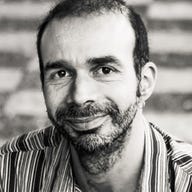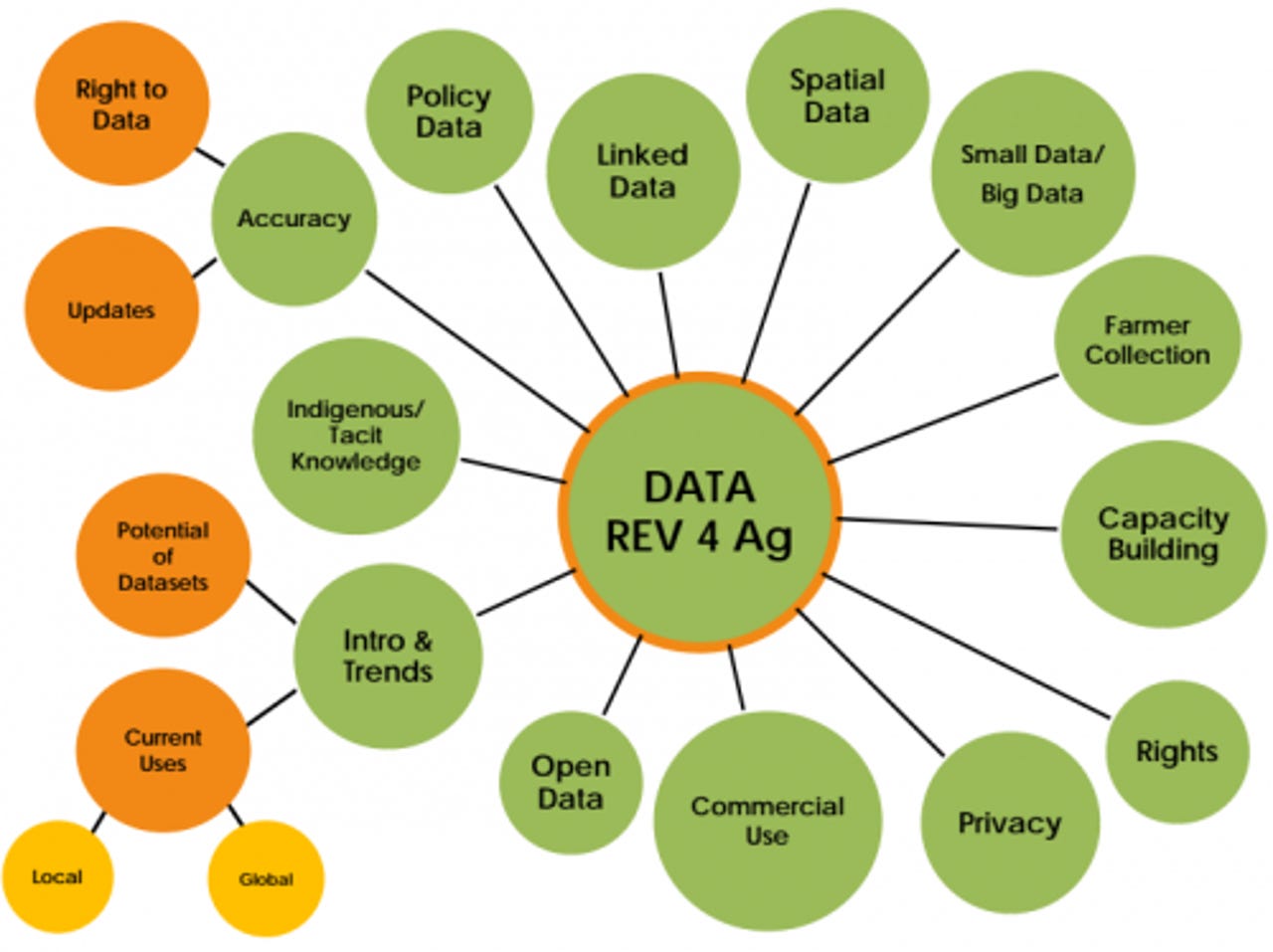GODAN, feeding the world with open data

Even if you know about open data and its significance, you may not be familiar with Global Open Data for Agriculture and Nutrition (GODAN). GODAN is a 330+ partner organization formed to encourage world leaders to make their data in agriculture and nutrition open so that it is freely available and usable worldwide for better policy and decision-making. By opening that data the aim is to achieve the UN goal for 'zero hunger' by 2030.
GODAN is organizing the GODAN Summit 2016 in New York from September 15-16, following up on the UN General Assembly on the September 13. There is more than a symbolic link between the two events, as a GODAN petition will be handed over at the assembly meeting and results will be unveiled at the summit.
So what kind of data are we talking about, and what are they good for?.

The data revolution for agriculture is on, and GODAN is there to empower it.
Getting data out
According to Andre Laperriere, GODAN's Executive Director, "GODAN is interested in the complete cycle starting from plant genetics to planting, farming, fertilizers, pesticides, infestations, irrigation, harvesting, processing, storing, transporting, retail, and consumption of food. So every step of the way involves data of interest. There is also macro-data which is important, ranging from demographics-related data, in particular related to nutrition and also satellite data, and historical data".
That sounds like a lot. Where's the data coming from, and who foots the bill? Typically, governments. "A number of governments have policies in place which make non-security data available to the public and indeed some of them have released a large number of datasets. Governments have created some basic portals where they selected some of these datasets they feel would be useful for their citizens and made it relatively easy to access it. For example, DEFRA (UK), INRA (France), IDRC (Canada) have done this.
The tendency has been to open everything in raw format, which created a false perception that we had achieved the data revolution from all the datasets that became available. But the vast majority came out in a way that is very difficult for small organizations, smallholder farmers or consumers to use".
But what about the developing world, where financing and transparency pose challenges? "Open data is key for developing countries. Some can only do agriculture surveys once every 10 years, and then they lack the frequency to be able to react quickly to emerging problems on agriculture productivity. That's where technology comes in. We can use satellite imagery with high precision, and it's becoming more affordable to have reasonable estimates of what's happening over wide surfaces even in remote areas".
Data is an enabler, but the real value comes from utilizing it in applications that make agriculture more productive and nutrition more transparent, and there are a couple of important aspects to this.
Making data available is just the beginning. Usability increases by adding structure, IDs, semantics and links
Making data usable
The first one is technical and has to do with data usability and interoperability. So GODAN promotes "a set of tools that relates to interoperability, portals which transform data in a way that is understandable by everyone, search engines that can cut across different datasets to extract what the user is really after, tools such as satellite imagery and sensors, which make a lot of new data available, and scientific data coming from research centres, laboratories and medical centres".
Data is more usable the more it can be shared, the more it has clear semantics and the more it is linked to other data, and there is the 5-star spectrum used to rank data accordingly. There's still way to go, as "some organizations and countries are at the 1st star, because they don't have portals while the best ones are mostly 3.5 stars where they make data available in an open format and with some tools to facilitate their use".
Public Sector Information data reuse: combining open data and private business to create value.
Making data useful
The second aspect is cui bono. Who does the work, and who benefits. Can open data hackathons really end hunger on earth? "Hackathons are an incomplete answer. They are the most visible part of app creation as they are generally attended by media-savvy students and entrepreneurs. But there are also a number of companies who create applications behind the scenes. The reason why we encourage hackathons is that we hope that the young people who create embryo applications will too become entrepreneurs one day.
The other half of the answer is policy. There would be no incentive to create these applications if the policy environment was not conducive to using open data. Citizens have a need for information (they want to eat the right food), governments have this information (through sources like quality or food standards inspectors). But citizens only have access to a fraction of that, because of weak data portals and whatever the retailer wants to tell them. That's why the private sector is motivated to develop applications that make use of data released by governments to transform them in a manner palatable by consumers".
Internet of Things
This article includes fragments from an interview conducted over email with Andre Laperriere, GODAN's Executive Director, denoted in quotes in the text. Answers have been edited for brevity and clarity by the author.